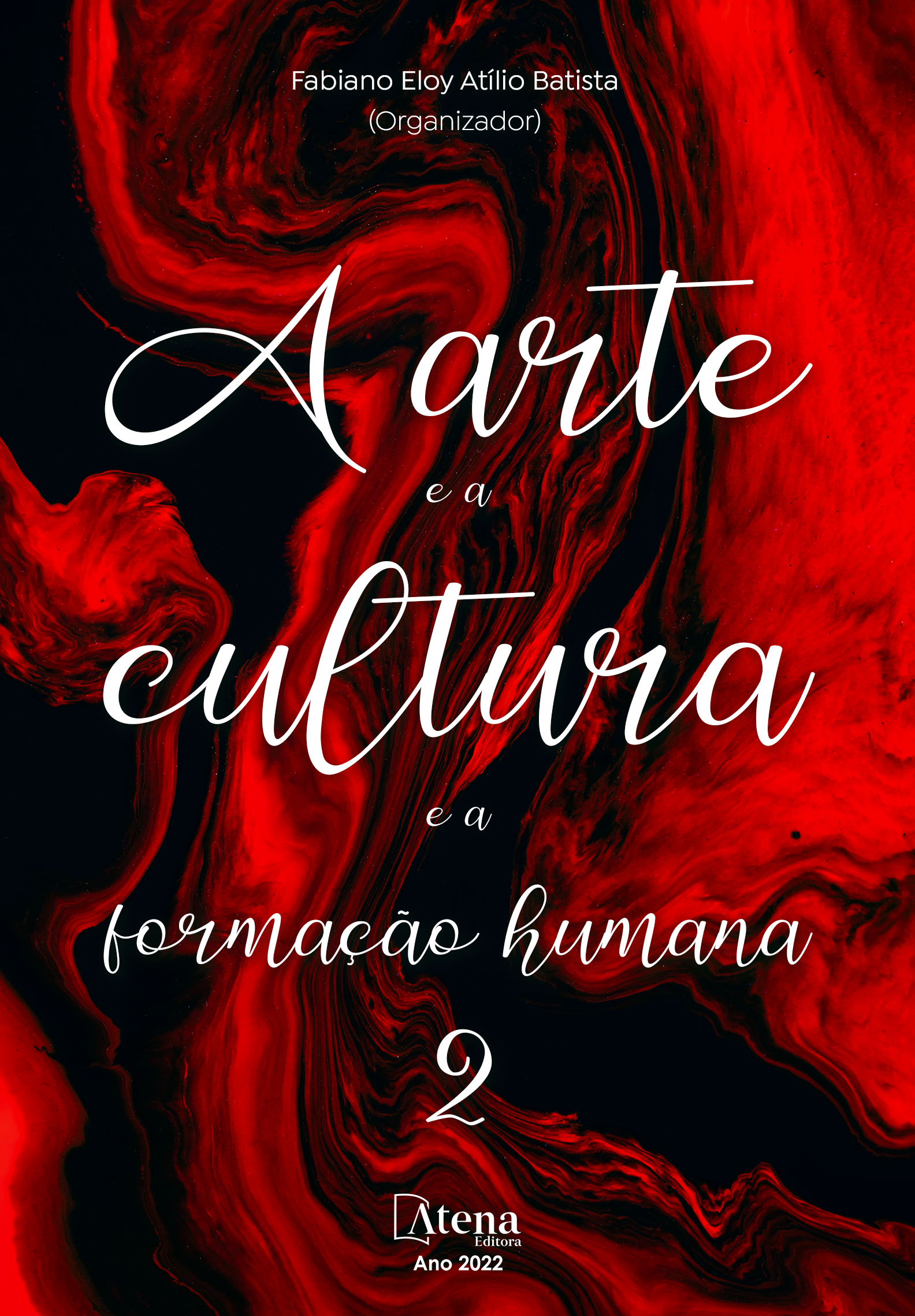
Eu fez e ela fiz: um estudo sobre a dêixis de pessoa no Português de Siricari-PA
Este trabalho tem por objetivo descrever as ocorrências de uso dos verbos irregulares fazer, ter e ir no pretérito perfeito do indicativo verificadas na fala da comunidade quilombola Siricari, localizada no município de Salvaterra, na ilha de Marajó, estado do Pará, Brasil. Constatamos que as formas verbais fiz:fez e fui:foi são empregadas indistintamente, tanto para indicar a primeira pessoa, quanto a terceira pessoa do singular, como por exemplo em alternâncias do tipo: (eu, ele) fiz ora (eu, ele) fez; bem como, (eu, ele) fui ora (eu, ele) foi. Também verificamos a alternância das formas tive:teve diante de pronome de primeira pessoa: eu (tive, teve) ao passo que em presença de pronome de terceira pessoa ocorre tão somente a forma teve: ele (teve). Essas ocorrências nos têm conduzido à hipótese de que algumas variações do português falado em Siricari podem estar relacionadas a resquícios de herança linguística decorrente de situação de línguas em contato ocorrida no passado. O contexto da investigação aponta estratos sociais, culturais e étnicos da inter-relação entre descendentes africanos e indígenas. Com isso, este estudo toma como enfoque a etnolinguística e princípios relativos ao Português Afro-Indígena, adotando como fundamento estudos de Oliveira & Praça (2013), Silva (2014), Campos (2015), entre outros.
Eu fez e ela fiz: um estudo sobre a dêixis de pessoa no Português de Siricari-PA
-
DOI: 10.22533/at.ed.7112211047
-
Palavras-chave: Morfossintaxe; Línguas em Contato; Português Afro-indígena; Comunidade de Siricari-PA
-
Keywords: Morphosyntax; Languages in Contact; Portuguese Afro-indigenous; Siricari-PA Comunity.
-
Abstract:
This work aims at describing the forms of irregular verbs fazer ‘to do’, ter ‘to have’ and ir ‘to go’ in the past perfect of the indicative observed in the speech of the quilombola community Siricari, located in the municipality of Salvaterra, on the island of Marajó, state of Pará, Brazil. We found that the verb forms fiz:fez ‘did’ and fui:foi ‘went’ was are used interchangeably, both to indicate the first person and the third person singular, for example in alternations such as: (eu, ele) fiz ‘I, he did’ or (eu, ele) fez ‘I, he did’; as well as, (eu, ele) fui ‘I, he went’ ora (eu, ele) foi ‘I, he went’. We also verified the alternation of the forms tive:teve with first-person pronoun: eu (tive, teve) ‘I had’, while in the presence of third-person pronoun only the form teve: ele (teve) ‘he had’ occurs. These occurrences have led us to the hypothesis that some variations of the Portuguese spoken in Siricari may be related to remnants of linguistic heritage arising from the situation of languages in contact that occurred in the past. The research context points to social, cultural and ethnic strata of the interrelationship between African and indigenous descendants. Thus, this study focuses on ethnolinguistics, and principles related to Afro-Indigenous Portuguese, adopting as its foundation studies by Oliveira & Praça (2013), Silva (2014), Campos (2015), among others.
-
Número de páginas: 20
- Cristiane Torido SERRA
- Walkiria Neiva praça


